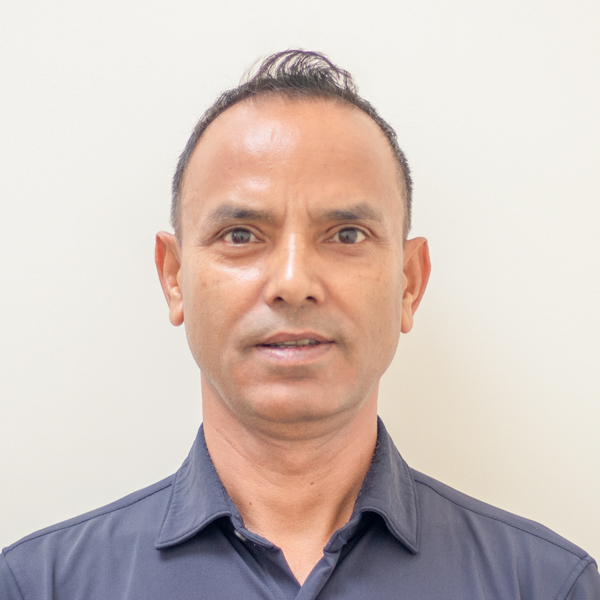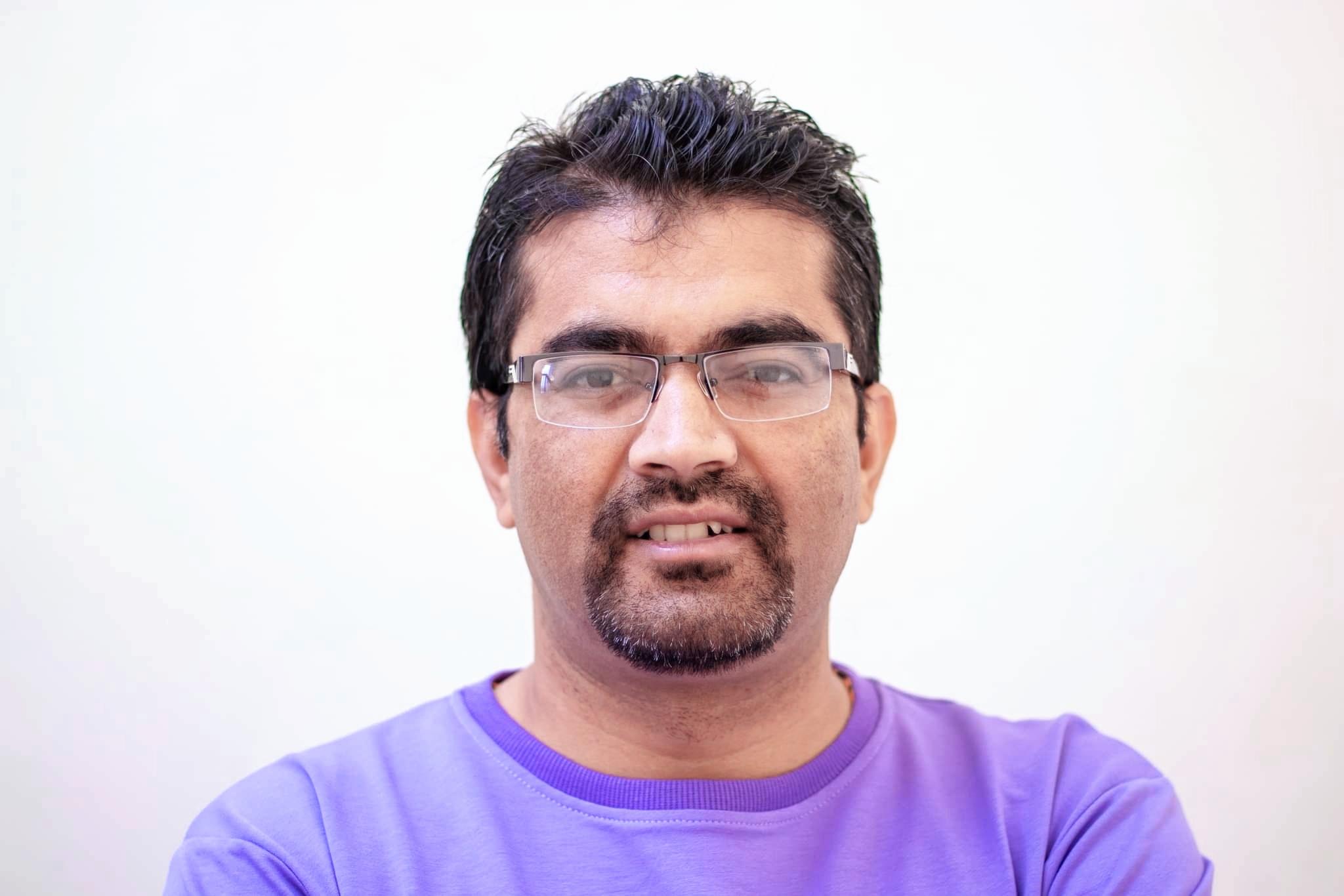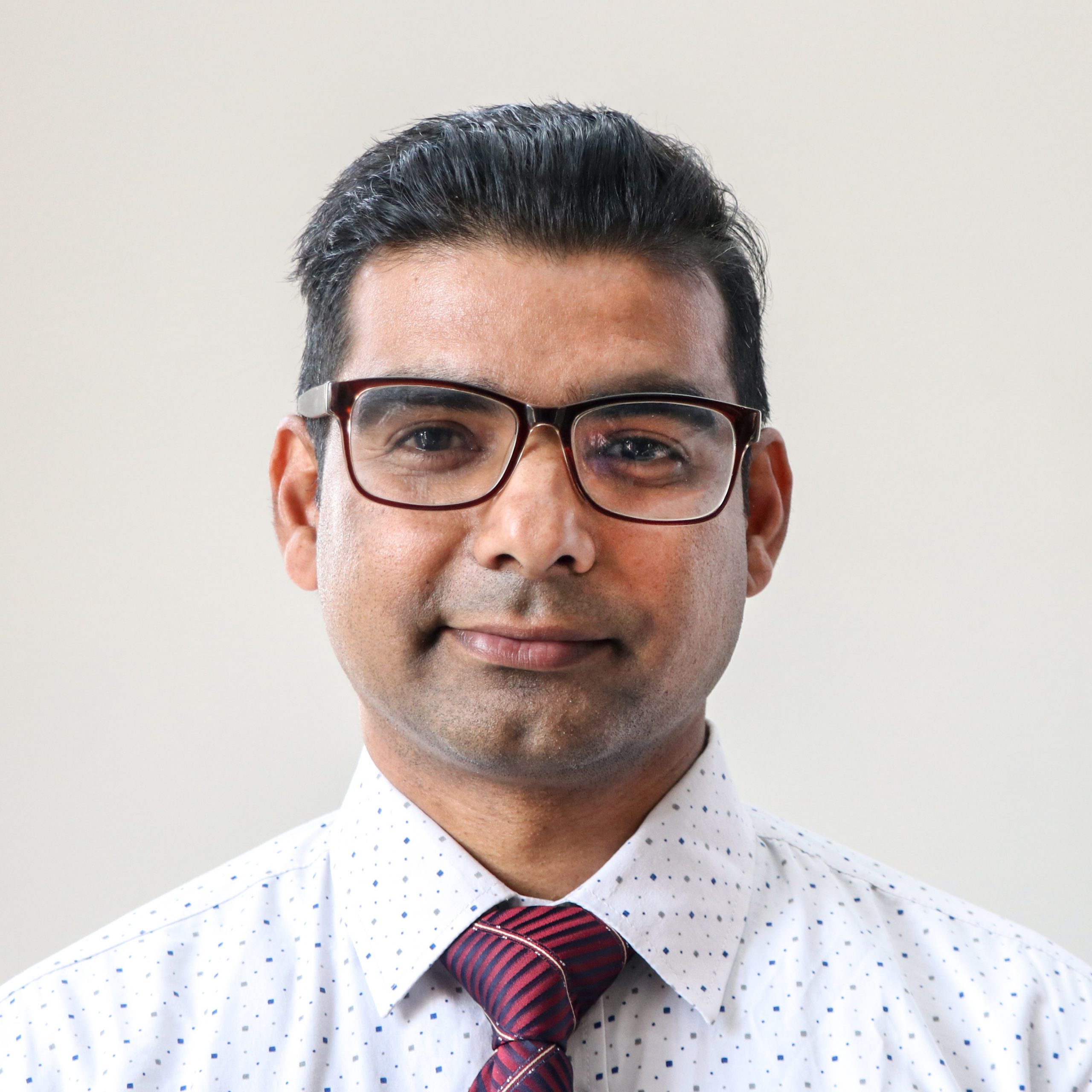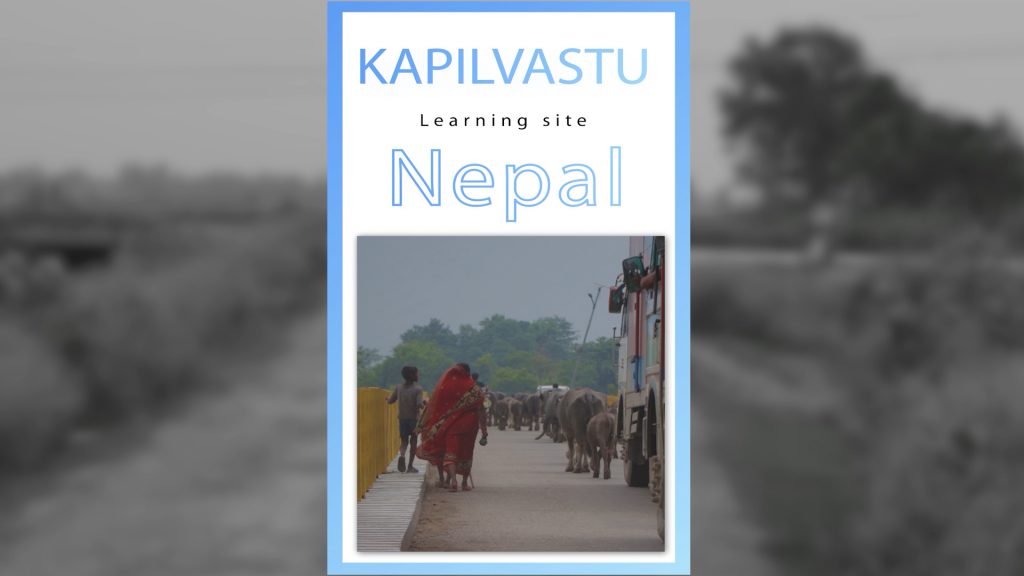ReBUILD for Resilience (R4R) is a six-year Research Programme Consortium (RPC) funded by Foreign, Commonwealth & Development Office (FCDO) with multiple partners based on Sierra Leone, Lebanon, Myanmar, and Nepal. In Fragile and Shock-Prone (FASP) settings (like complex emergencies and protracted crises with concentrations of displaced and vulnerable populations; settings with more chronic risks from ecological change; areas facing active conflict; those in a post-conflict and disaster rebuilding phase; and/or facing acute shocks such as epidemics and political/economic change including radical decentralization, with attendant opportunities and risks), where many of the most poor and vulnerable populations live, R4R aims to deliver high-quality, practical, multidisciplinary, operationally relevant, and scalable health system research. R4R will contribute to strengthening resilience and building stronger systems for health across multiple levels and sectors, with focus on equity, gender, disability, and social inclusion throughout the programme.
The overarching question will be: how to develop resilience capacities to ensure responsive, effective, inclusive, gender-equitable and sustainable health systems in FASP settings? Specific research questions will be focusing on single or multiple domains within the resilience framework and will explore how they can be supported and how they are interconnected (across the health system levels and between different sectors). Some of the areas for potential research questions are listed below:
- Social networks and collaboration: How can coordination between overlapping national health systems and providers be improved to enable service delivery and maintenance of community wellbeing and health?
- Strategic and flexible use of pathways and resources: How can service delivery change to increase uptake by particularly vulnerable groups, especially in fragile settings and at the most peripheral levels?
- Distributed control: What are the politics of intervention implementation in fragile settings? How do diverse actors and arising power structures influence service implementation at the district level in all partner settings?
- Inclusive and open governance, Human Resources for Health (HRH) and availability of resources: In a federal and decentralized system, like Nepal, where local systems are mandated to deliver basic services, what does strengthening local health systems to deliver basic health services that leave no one behind look like?
- Routine and emergency planning, monitoring and health systems learning: How can national and sub-national actors use evidence and/or data to inform health systems strengthening and routine and emergency service planning in decentralized contexts like Nepal?
- M&E of resilience: What metrics and processes are appropriate for and should be used to appraise the resilience of systems for health, including measures of preparedness, response, and recovery, and how would these be operationalized at different level of the FASP health system?
- Accountability: What are the most effective tools to improve monitoring and accountability (internal and external) in FASP settings? What are the decision-making processes for engaging communities in health system service planning and/or planning for stressors/shocks?
- Ensuring gender and equitable delivery of and access to quality health services and care: How can more inclusive and gender transformative models of care that are responsive to groups who are currently largely excluded from accessing care be built?
Research approach:
R4R will primarily use implementation research methodologies, including a range of participatory and innovative approaches, which are focused on understanding challenges and testing system strengthening interventions at the local health system level (building on national level research undertaken by ReBUILD) across all partner countries.
Planned outputs:
Through stakeholder mapping and engagement, R4R will produce a range of high-quality, primary research outputs while recognizing the unmet need for clear evidence summaries and user-friendly operational toolkits on key topics, providing menus of response options, and will be devoting resources to these synthetic products (thematically and geographically), based on user consultation to assess demand. Types of product will include new theoretical frameworks; country case studies on emergent phenomena; policy options; ‘how to’ guides for local decision-makers; evaluations of strategies; implementation guidance; client engagement tools; methodological toolkits (e.g. on intersectionality in FASP settings) and menus of metrics and tools suited to resilience; models for scale-up; training materials for researchers and organizations working in FASP settings; curated evidence banks; and cross-country analysis and reflection.
Completed projects:
As part of the RPC, HERD International is implementing two rapid research projects on COVID-19 briefly described below:
- Understanding health system resilience to respond to COVID-19 in federalized context – a case study of health workforce management at the sub-national level in Nepal: The overall aim of this study was to examine health sector policy, preparedness, and responses to COVID-19 in the federal context of Nepal, focusing on policies provisions and implementation approaches for health workforce management at the sub-national level. By doing this, we explored Nepal’s health system resilience and lessons in COVID-19 response. The study focused on understanding the health workforce management system in federalized context, as a tracer for the wider health system, at the local level for COVID-19 response and delivery of non-COVID routine health services.
- The gendered experience of close to community providers in Fragile and Shock Prone settings: implications for policy and practice during and post COVID-19: The overall aim of this study was to explore the roles of Close to Community (CTC) providers and their gendered experiences during the COVID-19 pandemic in FASP Settings.
| Technical Lead | Implementing partners | Other technical partners |
| Liverpool School of Tropical Medicine (LSTM) in Liverpool Queen Margaret University (QMU) in Edinburgh | American University of Beirut (AUB) in Lebanon Burnet Institute and Department of Medical Research (DMR) in Myanmar College of Medicine and Allied Health Sciences (COMAHS) in Sierra Leone HERD International (HERDi) in Nepal | International Rescue Committee (IRC) Oxford Policy Management (OPM) |
For more information on RPC/R4R, please visit the main website from here: https://rebuildconsortium.com/rebuild-for-resilience/
Poster on health sector policy responses and health workforce management during COVID-19 in Nepal
Associated Team Members
Shophika Regmi
Senior Manager: Health System Research, Evaluation and LearningShophika Regmi
Senior Manager: Health System Research, Evaluation and LearningAppointed as the lead for Systems, Policy and Programme Department Ms. Shophika Regmi has been working in health and social research for more than a decade. Throughout this period, she has led research projects of various natures and scales, particularly in the health sector. She possesses extensive experiences in implementation research using participatory action approaches, designing and executing evaluation studies, national level surveillance study, and large-scale survey across diverse areas such as health system strengthening, urban health, health workforce, non-communicable [...]
Learn moreSushil Chandra Baral
Managing DirectorDr. Sushil Chandra Baral is an experienced health and development expert with over 25 years of experience in research and development. Specializing in health systems, health policy, and planning at both national and international levels, Dr. Baral has played a pivotal role in communicable disease control, specifically Tuberculosis. He serves as a Managing Director at HERD International. In the past, he worked as a Strategic Advisor for the Nepal Health Sector Support Programme demonstrating expertise in program-based operational research and [...]
Learn moreAbriti Arjyal
Research Manager - Qualitative and Multidisciplinary ScienceAbriti Arjyal
Research Manager - Qualitative and Multidisciplinary ScienceAppointed as the lead of Research, Innovation and Development Department Key Expertise Ms. Abriti Arjyal works as Research Manager – Multidisciplinary Qualitative Research – at HERD International and has experience in the area of public health, health system and service delivery research, social science and gender, and equity. She is an emerging young researcher with more than seven years of experience leading formative and operational field studies, evaluation studies, and literature reviews, with expertise in design and implementation of qualitative research, and [...]
Learn moreAchyut Raj Pandey
Senior Research Fellow - Health System ResearchMr. Achyut Raj Pandey is a well-experienced public health researcher with over 8 years of experience working in the field of public health research. In terms of academic qualification, he holds a master’s degree in public health and his expertise spans from operations research to health policy, and system research. Before joining HERD International, Mr. Pandey served as a Senior Research Advisor in an FCDO-funded endeavor known as the Monitoring, Evaluation, and Operational Research Project (MEOR). This project was an [...]
Learn moreShreeman Sharma
Research Uptake ManagerShreeman Sharma is a dedicated professional with a strong interest in media research, health research, health communication, and evidence uptake. He holds Master’s degrees’ in Development Management from the Asian Institute of Management and Mass Communication and Journalism from Purbanchal University. He is currently serving as a Research Uptake Manager at HERD International. Since assuming his current position in October 2020, Shreeman has taken on the role of Research Uptake Global lead for the Community-led Responsive and Effective Urban Health [...]
Learn moreAyuska Parajuli
Senior Research OfficerAyuska Parajuli is a public health researcher and a former nurse with strong willed spirit and a wealth of experiences in the field. Armed with a Master’s in Public Health (MPH), Ayuska has dedicated more than five years to the persistent pursuit of understanding and addressing critical issues in public health. Her expertise spans various domains, with a particular focus on antimicrobial resistance, gender and intersectionality, and infectious diseases of poverty such as tuberculosis and lymphatic filariasis. Ayuska’s commitment to [...]
Learn moreBharat Raj Bhatta
Senior Officer - Health Systems ResearchMr. Bharat Raj Bhatta is a public health professional with a decade of experience in health research and programs. He holds expertise in research design and implementation, carrying out national-scale health surveys, data analysis, documentation, scientific writing and publication. He has also successfully led and managed several health projects. He is also skilled in disease surveillance and information system for surveillance, and has experience working in health emergency in the COVID-19 pandemic response in Nepal since its initial phase, working [...]
Learn moreAney Rijal
Qualitative Research OfficerMs. Aney Rijal is a dedicated public health professional, holding master’s in public health with a specialization in Implementation Research. She has experience in mixed method approaches in the field of tropical disease and health insurance researches. Ms. Rijal extends her expertise in research design, stakeholder analysis, data analysis and evidence synthesis along with communication, coordination with the multidisciplinary stakeholders. She is keen in conducting health systems research in infectious disease, tropical medicine, biosecurity, climate change and mental health. She [...]
Learn morePratistha Dhakal
Research OfficerPratistha Dhakal is a committed public health professional and registered nurse, bringing over two years of clinical nursing experience and more than two and a half years of expertise in public health. She has contributed to strengthening health systems through her work at Nepal Health Sector Support Program-III and now leverages her extensive experience in her current role as a Research Officer at HERD International. She brings a diverse perspective of system thinking, gender, clinical practice and community development into [...]
Learn moreProject Location
Similar Projects
Background: While the problem of NCDs, particularly the diabetes is increasing rapidly, very little capacity or almost no services are ...
FAB-HPSRIs is an international collaboration of Health Policy and Systems Research Institutions (HPSRIs) with a mission to foster a ...
Background Type 2 Diabetes mellitus (T2DM) is often not well understood among marginalized populations, but its prevalence is ...
The growing numbers of urban poor around the world face several health challenges including the double burden of diseases, exposure to ...












